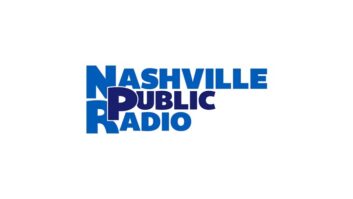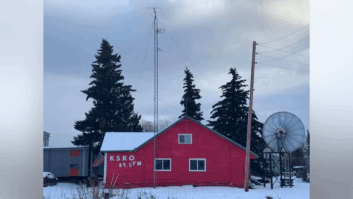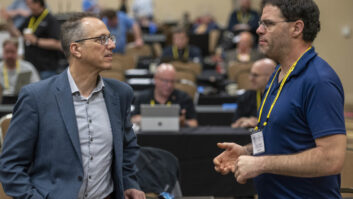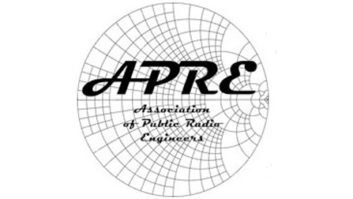Public radio stations are dissatisfied with the way that repack funds are to be distributed by the Federal Communications Commission, an issue that will be up for a vote this Friday when the commission holds its March Open Meeting.
It was nearly a year ago that Congress adopted the Reimbursement Expansion Act, which expanded the list of who exactly was eligible to be reimbursed for auction-related expenses. FM broadcast stations were added to the expanded pool of media groups that could have their repack-related costs offset, alongside LPTV and TV translators too. The act also clarified that an additional $400 million in funding from the government’s FY 2019 budget would be available to reimburse these groups.
[Read: FM Radio Waits for Repack Reimbursement Instructions]
But one section of the associated draft Report and Order has rubbed members of public radio broadcaster NPR the wrong way. The FCC made clear that FM stations, LPTVs and translators will be second fiddle to full-power TV, Class A and MVPD entities since payment of repack funds will be prioritized to those video groups over reimbursements to radio, low-power TV and translator groups.In comments filed with the FCC, NPR disagreed with the commission’s stance of prioritizing payment of FY 2019 funds to full-power and Class A TV stations and MVPDs over payments to FM stations.
“A better approach would be for the commission to prioritize payment of FY 2019 funds to primary full-power TV and FM stations over payments to secondary services, like LPTV and TV translator stations,” wrote NPR attorney Adam Shoemaker in a comment filing. “Alternatively, the commission should wait for more information about costs incurred by eligible entities before making prioritization decisions for FY 2019 funds.”
A fact sheet released by the commission reiterated that those stations eligible for reimbursement are full-power and low-power FM stations and FM translators that were transmitting on April 13, 2017 using facilities impacted by repacked television stations. This includes FM stations that incur costs because they must permanently relocate, must modify their facilities, or must purchase or modify auxiliary facilities due to construction work occurring on a nearby repacked station’s facilities.
The National Association of Broadcasters has weighed in on the reimbursement issue for FM stations as well. In a comment filing earlier this year, the NAB urged the commission to be flexible in terms of which stations it considers eligible for reimbursement. NAB was successful in pressing the commission not to exclude those stations who are unable to cover 80% of their coverage area with auxiliary facilities as well as to ditch a graduated reimbursement scale based on based on how long a radio station is off the air.
Public broadcaster PBS is another public entity asking the FCC to consider different alternatives, including reimbursing third-parties who step forward to cover the cost for low-power public television facilities to relocate to new broadcasting frequencies.
“T-Mobile advanced critical funds to small, locally owned and operated public television stations throughout rural America so that they could continue to deliver curriculum-driven educational children’s content, trusted news and public affairs, and life-saving emergency alerts to the public,” PBS said in a comment filing to the FCC in January. “This third-party funding has helped to safeguard public broadcasting’s universal service mission, while simultaneously enabling the expeditious rollout of wireless broadband services to rural communities.”
PBS pressed the commission to consider deploying the REA funds to reimburse these “bridge financing costs.” The FCC has rejected this proposal as part of its draft Report and Order.
The repack discussion will be up for a final vote on Friday, March 15. The proceedings can be viewed online at the FCC Live website.







